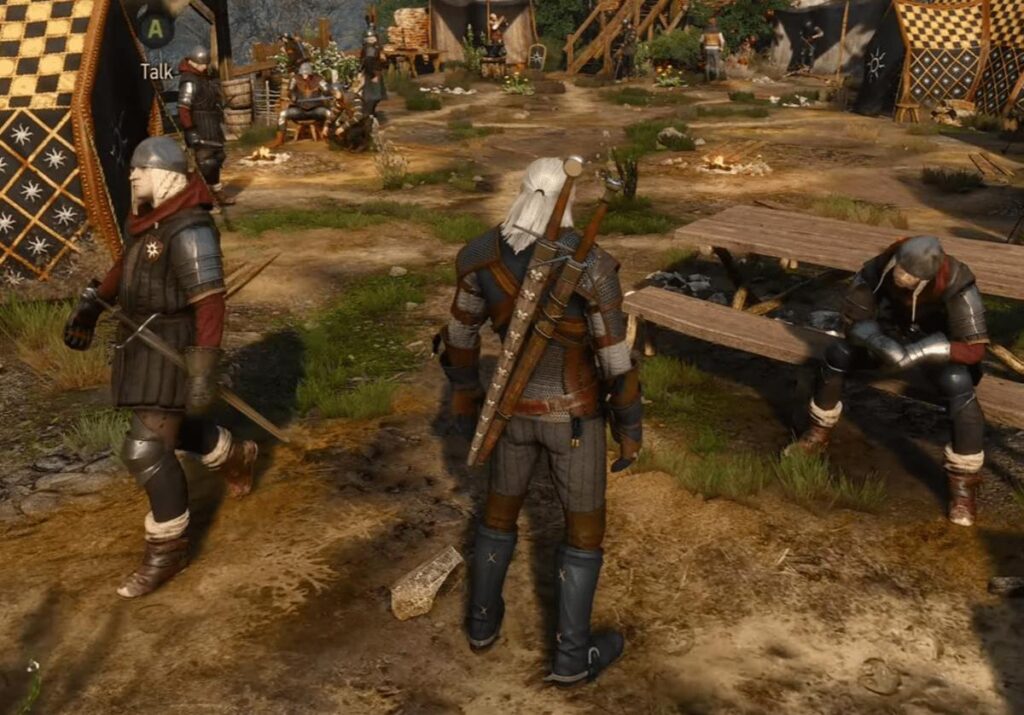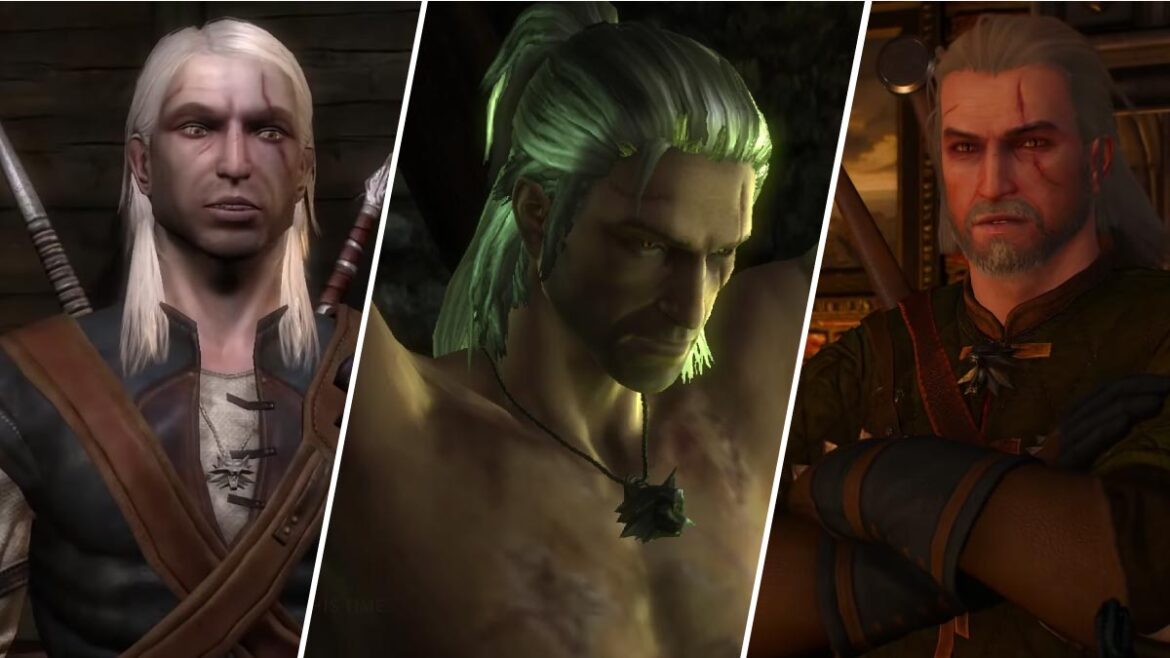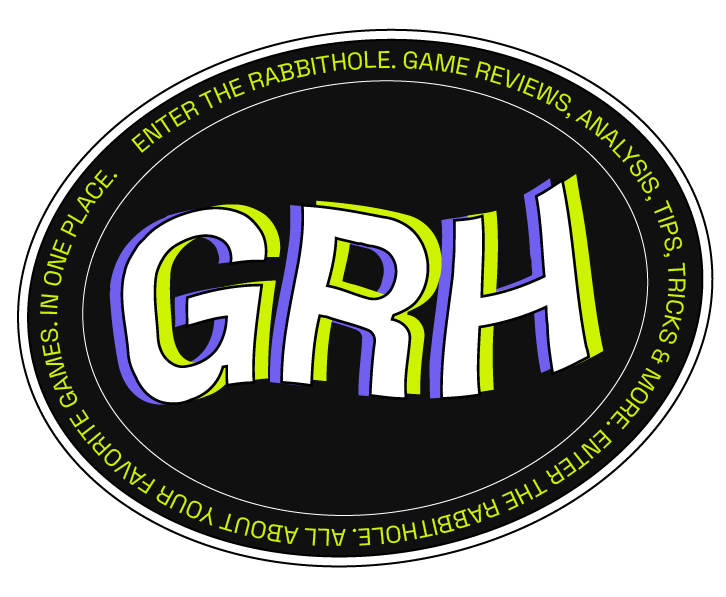The Witcher franchise has undergone a meteoric rise in popularity, largely fueled by the Netflix series that has captivated audiences worldwide.
As new players venture into the Witcher universe, there’s a common question that keeps coming up: Can you play Witcher 3 without playing 1 and 2?
The short answer? Yes, you can directly skip to The Witcher 3: Wild Hunt. It acts as a standalone game and provides enough background into the story for you to enjoy it without playing the previous titles.
But some people still claim that you will not savor the full experience if you skip The Witcher 1 and 2. Let’s explore if that’s really true and whether the games have connected storylines.
Table of Contents
Should You Skip The Witcher 1 and 2 to Directly Play 3?
The decision of whether to skip The Witcher 1 and 2 and play The Witcher 3 is a common dilemma among new players.
On one hand, The Witcher 3 is crafted to be a standalone game, offering enough context and backstory for you to immerse yourself without playing the prequels.
You won’t feel lost in the narrative, as the game introduces key elements to keep you informed. But some fans passionately argue for experiencing the complete Witcher saga.
Playing The Witcher 1 and 2 can forge a deeper connection with Geralt, the series’ enigmatic protagonist. Knowing about his past adventures, the relationships he built, and the choices he made can add emotional depth to your experience in The Witcher 3.
So if you have the time, we recommend playing the previous games or at least familiarizing yourself with the full story. Even though you will enjoy The Witcher 3 as a standalone game, you might not get fully invested in the storyline due to the ongoing plots the other two build upon.

Do The Witcher Games Have Connected Storylines?
The Witcher games share the same protagonist, Geralt of Rivia, and exist within the same universe. But their individual storylines are somewhat separate.
The Witcher 1 has lore dense materials that aren’t necessary to know for in The Witcher 3. On the other hand, The Witcher 2 has more relevance to its successor.
The events of The Witcher 3 take place six months after those in The Witcher 2, which might initially leave players feeling uncertain, but the game reveals key plot points as the story progresses.
If you’re interested in learning the lore without playing the previous games, an alternative is to read the books or watch The Witcher series on Netflix. These sources can provide enough background information about characters appearing in The Witcher 3.
What Do I Need to Know About The Witcher 1 and 2 Before Starting 3?
We don’t want to spoil the game for you so without revealing any plot, here are some key things to know from the previous games:
- Life of Geralt – Learn about the main character, Geralt of Rivia, and his role as a Witcher.
- Major Events – Understand significant events from The Witcher 1 and 2 that may affect The Witcher 3.
- Important Characters – Recognize key characters who may return or be mentioned in The Witcher 3.
- World Lore – Get a sense of the diverse world and its kingdoms to feel more invested in the story.
This video does a great job of briefly explaining these things to get you ready for playing The Witcher 3.
What Changes in The Witcher 3 Compared to Its Prequels?
Learning how The Witcher series has evolved over the years might help you decide if it’s worth playing the previous parts. So let’s see how TW3 compares to its predecessors.

1) Stunning Graphics
When it comes to graphics, CD Projekt has really raised the bar with Witcher 3: Wild Hunt. It’s a massive leap forward.
We won’t even include TW1 into the conversation because it’s quite old. But in comparison to TW2, which was praised at the time of its release, TW3 just pays meticulous attention to detail and feels stunningly realistic.
The character models in TW3 are a significant step up, with more lifelike features and expressions that bring the characters to life, and so is the world building.
2) Improved Combat System
The Witcher 3 offers players a wide range of combat options, giving them the freedom to choose their tactics and playstyle. But it feels more real time because you can cancel casting animations for another attack.
That isn’t an option in The Witcher 2 as you have to wait for Geralt to fully complete the animation before making the next move. This can make the game feel slow.
But both are lightyears ahead of The Witcher 1, which just seems wonky as it relies more on time-based clicking instead of strategic maneuvers like dodging and rolling.
Overall, this video does a great job showing the fluid combat mechanics of The Witcher 3.
3) Vast Open World
The Witcher 3: Wild Hunt is considered to be one of the best open world games of its generations. It far surpasses its predecessors which were more linear and heavily focused on zone-based quests.
And the world of TW3 is not just huge, but it’s also brimming with engaging personality and details. Each location feels alive, with NPCs going about their daily routines, and dynamic weather patterns that add an extra layer of realism.
To give you some more perspective, it takes over 150 hours to fully complete the game with 100% side quests. This says a lot about how vast its open world truly is.
Choosing Your Path in The Witcher Universe
The decision of whether to start with The Witcher 3: Wild Hunt or venture into the prequels, is a matter of personal preference. If you’re a completionist, then, of course, you can’t rest easy until you play all three parts.
But if you’re more interested in the gameplay and graphics instead of the story then you can’t really go wrong with directly starting The Witcher 3. Just know that, regardless of the path you choose, you’re in for a thrilling adventure alongside Geralt of Rivia.

